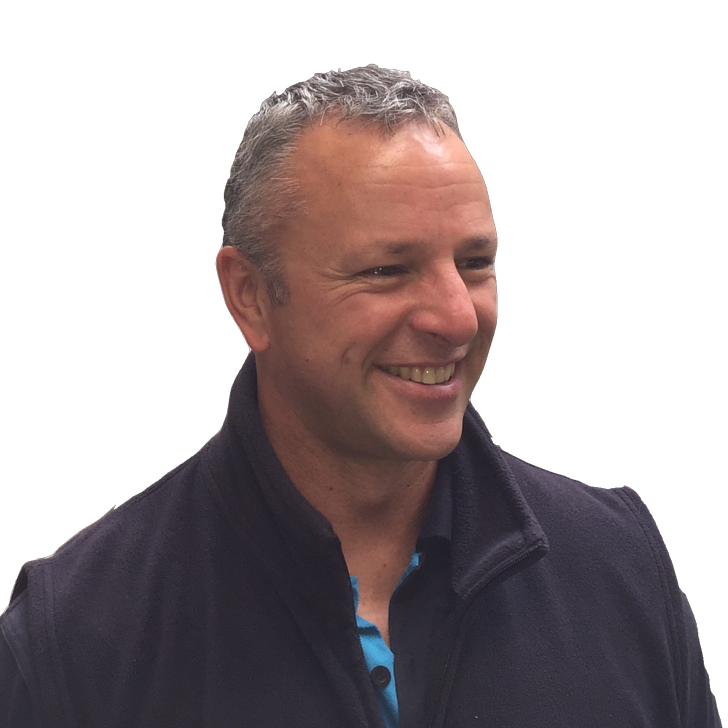Building Personal Confidence In An Emergency Situation

The other day within a workshop I was delivering a client postulated a question about building confidence. Now there are lots of ways to build confidence and writing a blog about building confidence in general would simply be added to the weight of material that already exists on the web on this subject. The context of this question, however, was a little different. The client was asking how to maintain and/or rebuild confidence in an acute situation where someone had taken it away by virtue of something said – a criticism or implied slight – or amidst an atmosphere of extreme pressure marked by complexity, the need to acquire unknown information, a fluid set of known facts, and considerable time pressure. An operational example might be an emergency communications centre, civil defence coordination centre after a major emergency, or a communications dispatch centre managing an evolving event with actual or possible serious harm involved to the public. At such a time how does one maintain and rebuild confidence they have lost, lack, or are worried about losing amidst the scrutiny, pace, and pressure of external demands.
1) Much of the confidence by individuals undertaking such a task comes from appropriate selection, clarity of roles, practice and event simulation, robust debriefing and learning environments, and a strong team culture.
This is the ideal, but the ideal is not always possible. Rotating staff, complex events, emotionally charged encounters, unreasonable requests, personal stress, and external scrutiny and questioning (e.g. senior management, political and/or media inquiry and possible interference) can all conspire to undermine existing confidence. No training tempo can completely simulate real-life operational management. In cases where the assumptions about resources, time, relationship management, and information confusion exists what are some of the things we can do and focus on to help stay calm, confident and together? Much of these tips come from understanding how the brain, your brain, works under extreme stress with competing demands and multiple, often contradictory, sources of information and immediate need.
2) Use a filter to assist prioritisation.
Whatever filter or series of filters that are used (e.g. threat to life, threat to property, transport, medical access, media management) write that filter in front of you to quickly enable you to apportion importance and urgency. This allows you to keep track of what is being worked on, it’s status, and your role in managing that responsibility.
3) Be clear on priorities and why the priorities in front of you are the priorities.
The need to meet external requests for information or input can be a significant distraction and, in the desire to meet those requests, compromise delivery of core tasks. Practice the ability to politely say ‘No’, explain that the request will be managed when possible, or an alternative source of answer that might be available. Note, this latter option isn’t passing the buck, it’s directing someone where they genuinely need to go to obtain what they need.
4) Be clear on your role and understand the impact that role has on those you report to and who report in to you.
This is more than simply doing what you are required to it’s about understanding how what you do impacts others. In that way you can add additional value by understanding the implications and consequences up and down the information and activity pathway.
5) Make things as easy as you can for those around you.
Be polite, smile, manage your fatigue levels as best you can, manage those annoying individuals who hover around or seem to ask inane questions. They’re doing the best they can with what they have. Others will watch your calmness, be inspired and encouraged by it, and their response will further encourage and support what you’re doing.
6) Resolve conflict early.
Seek explanation, necessary information, or an appropriate response earlier rather than later. In a crisis the usual tolerance and patience may not exist, especially if an early conversation would have saved time and energy. Seize the day, providing you have good reason for doing so. Be polite, be constructive, and make the rationale for the earlier conversation to everyone’s benefit.
7) Be clear on progress made, however that is measured.
When everything seems so fluid it is very important we remind ourselves what we have achieved from where we started. In a highly dynamic environment where it may be hard to clearly see what we have done or how we have contributed often what we have achieved is setting an effective organisational system, pattern of responses, methods of working, and style of interaction for those who follow and those around us to watch and learn from. Remember, we may not have the answer to everything facing us but we can be part of the answer that evolves with input from the system we are part of.
8) Never lose sight of the bigger picture.
What are we here for? Public safety, traffic flow, risk management, media management, liaising with families, support and assistance, delivery of information and aid … whatever it is keep that in mind as what you do must be linked in to those factors.
9) Be kind to yourself.
Listen to what your mind and body is telling you it needs. If you need to take a few deep breaths, take them. If you need a little black humour to alleviate some tension, go for it. If you need to go into the bathroom on a toilet break and swear, do it. At the end of the day every organism needs a pressure valve. Courage is knowing what you need to do before it affects us so we can continue to perform to a high level.
10) Learn to take constructive feedback.
Every situation is dynamic and lessons always need to be learned. Ensure the way we provide feedback is not personal and focussed on the objective(s) that are important to all. The best teams I know when it comes to dealing with emergencies have each other’s backs but are always to help each other out when someone falls short.
Celebrate what is done well; there will be lots of it.
JOHNATHAN BLACK
Chartered Organisational Psychologist & Founding Director of Farsight Limited
Jonathan is a registered psychologist with the New Zealand Psychologists Board and a Chartered member of the Institute of Organisational Psychology with the New Zealand Psychological Society. Specialising in conflict, communication, safety, performance and leadership he provides a broad range of services in these and other fields and his advice has been sought across Australasia and Europe.

